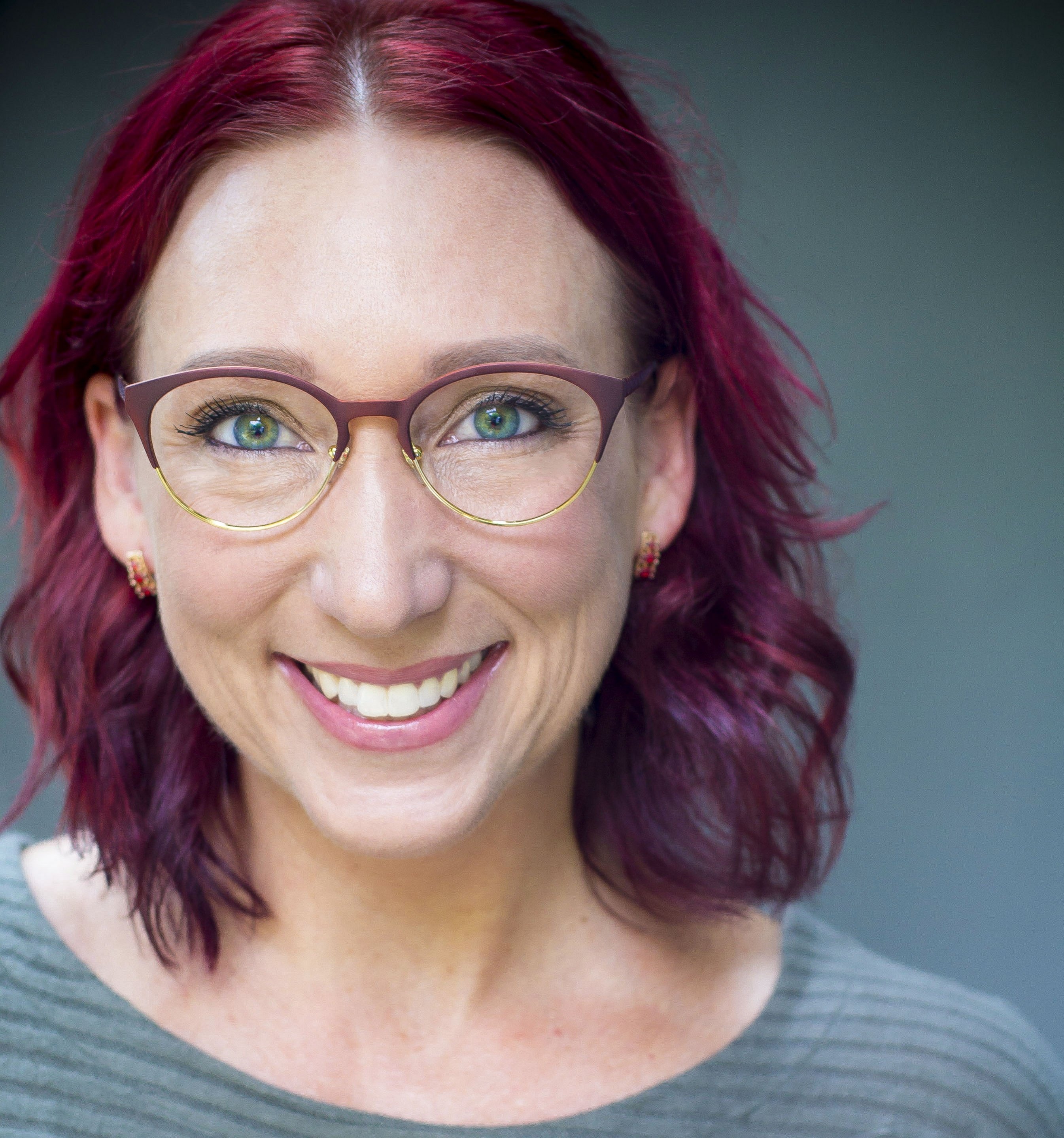
Last week’s biz buzz included a debate on whether or not Kylie Jenner is truly the youngest “self-made” billionaire. As part of the Kardashian empire, commentators on either side questioned whether Kylie’s fame and fortune prior to starting her makeup line excludes her from the self-made designation.
Skeptics would say she had plenty of support and thus doesn’t deserve the title. Supporters would say she used her own money to start the company and the success that followed was very much in her control.
“What fascinated me about Kylie was thinking about her rise to billionaire status from a brand perspective.”
But, the self-made/not-self-made discussion is not what captured my attention about this story. I know of the Kardashians and Jenners—I mean, who doesn’t? They’ve been shoved down our gullets for over a decade, from all the controversy of their fabulous lives to a major transition for the patriarch-turned-matriarch of the family. I don’t watch reality TV, so I really haven’t kept up with the Kardashians besides what appears on the morning shows.
Instead, what fascinated me about Kylie was thinking about her rise to billionaire status from a brand perspective. I guess that means I’m becoming a real, human marketer?
Finding Your Niche Audience
Kylie definitely had a leg up; there’s no denying that. Her popularity and social media presence resulted in predetermined awareness. But, she still had to build and define her brand. What is Kylie Cosmetics? Who are the products for? What does the company stand for?
Mid-tier pricing and the nature of the products themselves seem to serve the 18-34 crowd best. Add to that a cruelty-free and vegan designation (products are not animal-tested, and do not include any animal products) and it’s a perfect storm for the millennial population. She’s likely not going to sell to Baby Boomers or older, but she knows she doesn’t have to appeal to that crowd.
“You can’t sell a product or service to everybody.”
She recognizes what we’re hyper-aware of also: You can’t sell a product or service to everybody. Which is why truly understanding your brand at the most granular level is the only way to achieve tenable success. I really didn’t comprehend until recently just how intricate a process developing a value prop needs to be, from defining buyer personas and mapping the journey of those personas to recognizing how we, White Space, fit into that process at every step of the way—and then beyond.
Brand vs. Product Longevity
Sustainability is a key factor in a brand’s longevity. This Forbes.com article on Kylie’s company doesn’t foresee that for her future. “It seems far-fetched to think the brand, whose customers are mostly women ages 18 to 34, will last that long, much less independently,” says author Natalie Robehmed. “Especially with a business tied to the fickle world of personal fame. Stars fall out of public favor or lose interest.”
The article goes on to quote Mintel's Sarah Jindal, who notes Kylie is not looking to be a sustainable brand, which sounds detrimental to brand value, but in this case makes sense. “In a couple of years, it wouldn't surprise me if she was on to something else. When you are leveraging your name, you can turn it into anything you want to sell."
In short, Kylie Cosmetics isn’t the brand—Kylie herself is the brand.
Truth (and Trust) Lies in Specificity
Obviously, not every company has the luxury of predetermined awareness via fame. The specificity of the White Space brand has to be deeper than a name to carry weight with prospects and clients. I’ve been thankful to be a part of the value prop process, as we inch ever closer to discovering the message that rings true with our “best fit” audience.








